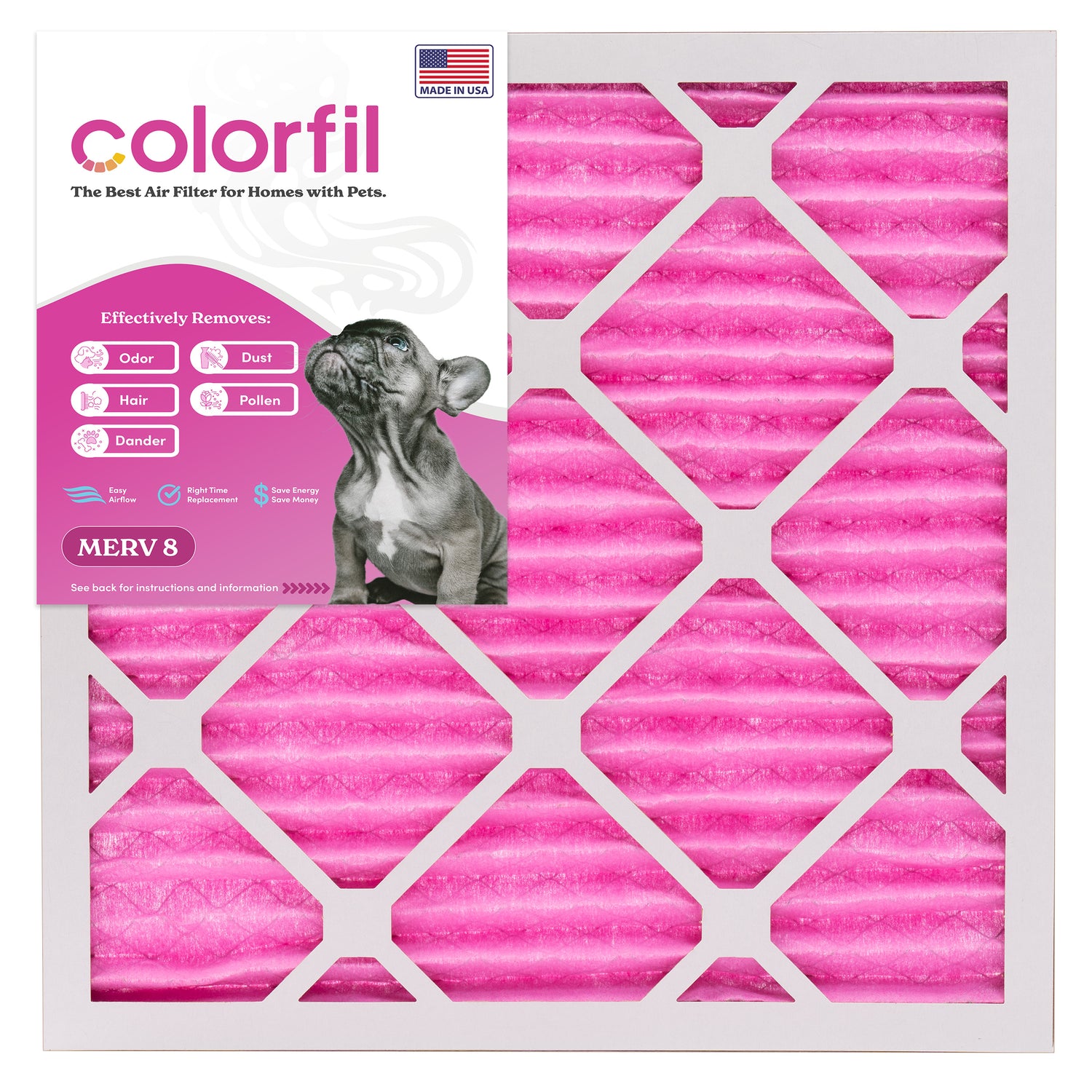That unmistakable "wet dog smell" – every dog owner knows it. It's an intense aroma that can cling to your furniture, clothes, and even your skin long after your furry friend has dried off. While it's a common experience for pet parents, many don't understand what causes it or how to combat it effectively. This guide delves into the science behind wet dog smell, offering practical solutions for preventing and tackling the odor and highlighting when it might signal a more serious issue.
What Causes That Familiar Wet Dog Smell?
Believe it or not, a dog's skin is a thriving ecosystem of microscopic life. Like our skin, it's home to a diverse community of bacteria and yeasts, collectively known as the skin microbiome. These microorganisms are harmless and beneficial in a healthy balance, protecting the skin and maintaining its overall health. However, these microscopic inhabitants are also the culprits behind that characteristic wet dog smell.
The Chemistry Behind the Stench
These bacteria and yeasts produce various organic compounds as byproducts of their life processes. While these compounds are generally odorless on their own, they become much more noticeable when combined with water. Think of it like this: imagine a tea bag. The dry tea leaves have a subtle aroma, but when you add hot water, the aroma is released and intensified. Similarly, when a dog gets wet, the water interacts with these compounds, releasing volatile organic acids and aldehydes that create the pungent odor we associate with wet dogs.
The Water Effect
Water doesn't just release these smelly compounds; it also creates the perfect environment for the microorganisms to thrive. Increased moisture encourages the growth and reproduction of bacteria and yeast, leading to a greater production of odor-causing compounds. This is why the smell is particularly strong after a bath, swimming in the lake, or romping in the rain.
How to Stop Wet Dog Smell
While you can't eliminate the microorganisms that cause a wet dog smell (nor would you want to, as they play a role in skin health), you can take steps to minimize the odor.
Drying Techniques

Drying your dog thoroughly and quickly is the key to combating wet dog smell. The longer their fur stays damp, the more time those microorganisms have to multiply and produce smelly byproducts. Here are a few tips to keep your canine companion dry:
- Limit water exposure: While avoiding rain or puddles is impossible, try to keep your dog indoors during wet weather. If your dog loves to swim, consider limiting their time in the water and towel-drying them thoroughly afterward.
- Keep their hair short: A shorter haircut can help your dog dry faster, reducing the time for odor-producing microorganisms to flourish.
- Towel dry effectively: Invest in super absorbent towels specifically designed for dogs. Don't just pat your dog dry; rub vigorously toward hair growth to remove as much water as possible.
- Blow-dry with caution: If your dog tolerates it, use a hairdryer on a low, cool setting. Keep the dryer moving to avoid hot spots, and always supervise closely.
Products to Use
A variety of dog-friendly products can help manage wet dog smell. These products either neutralize odors, kill bacteria and yeast, or mask the scent with a more pleasant fragrance.
- Shampoos and conditioners: Choose shampoos specifically formulated for dogs with odor-control properties. Look for ingredients like oatmeal, baking soda, or tea tree oil, known for their deodorizing effects. Follow up with a conditioner to help keep the fur hydrated and prevent dryness, which can exacerbate odor.
- Sprays and deodorizers: Many dog-friendly sprays and deodorizers are available that can help neutralize odors between baths. Look for products with natural ingredients and avoid those with harsh chemicals that could irritate your dog's skin.
Remember, these products are not a magic cure. They can help manage the odor, but the most effective solution is to keep your dog clean and dry.
When Dog Smells Are Cause for Concern

While wet dog smell is generally harmless, an unusual odor can indicate an underlying health issue.
Different Smells, Different Issues- Skin infections: Bacterial or yeast infections can cause a foul odor distinct from the typical wet dog smell. These infections often include symptoms like redness, itching, or hair loss.
- Ear infections: A yeasty or musty smell from your dog's ears could indicate an ear infection.
- Dental problems: Bad breath can be a sign of dental disease, which is common in dogs.
- Gastrointestinal issues: Excessive flatulence or foul-smelling feces can indicate problems with your dog's digestive system.
If you notice any unusual odors or accompanying symptoms, it's crucial to consult your veterinarian for diagnosis and treatment.
Common Overlooked Cause: Dog Accessories
Don't overlook your dog's accessories! Items like collars, harnesses, and beds can trap bacteria and lead to unpleasant odors. A dog's persistent foul smell may sometimes originate from an old, dirty collar. Regularly cleaning these items can significantly reduce any lingering odors.
Wet dog smell is a common and often unavoidable part of dog ownership. Understanding the science behind the odor can help you take proactive steps to minimize its impact. You can keep your furry friend smelling fresh and clean by keeping your dog clean and dry, using appropriate grooming products, and staying vigilant for any unusual odors. While that distinctive wet dog smell may never completely disappear, it doesn't have to take over your home. With proper care and attention, you can enjoy the company of your canine companion without holding your breath.


